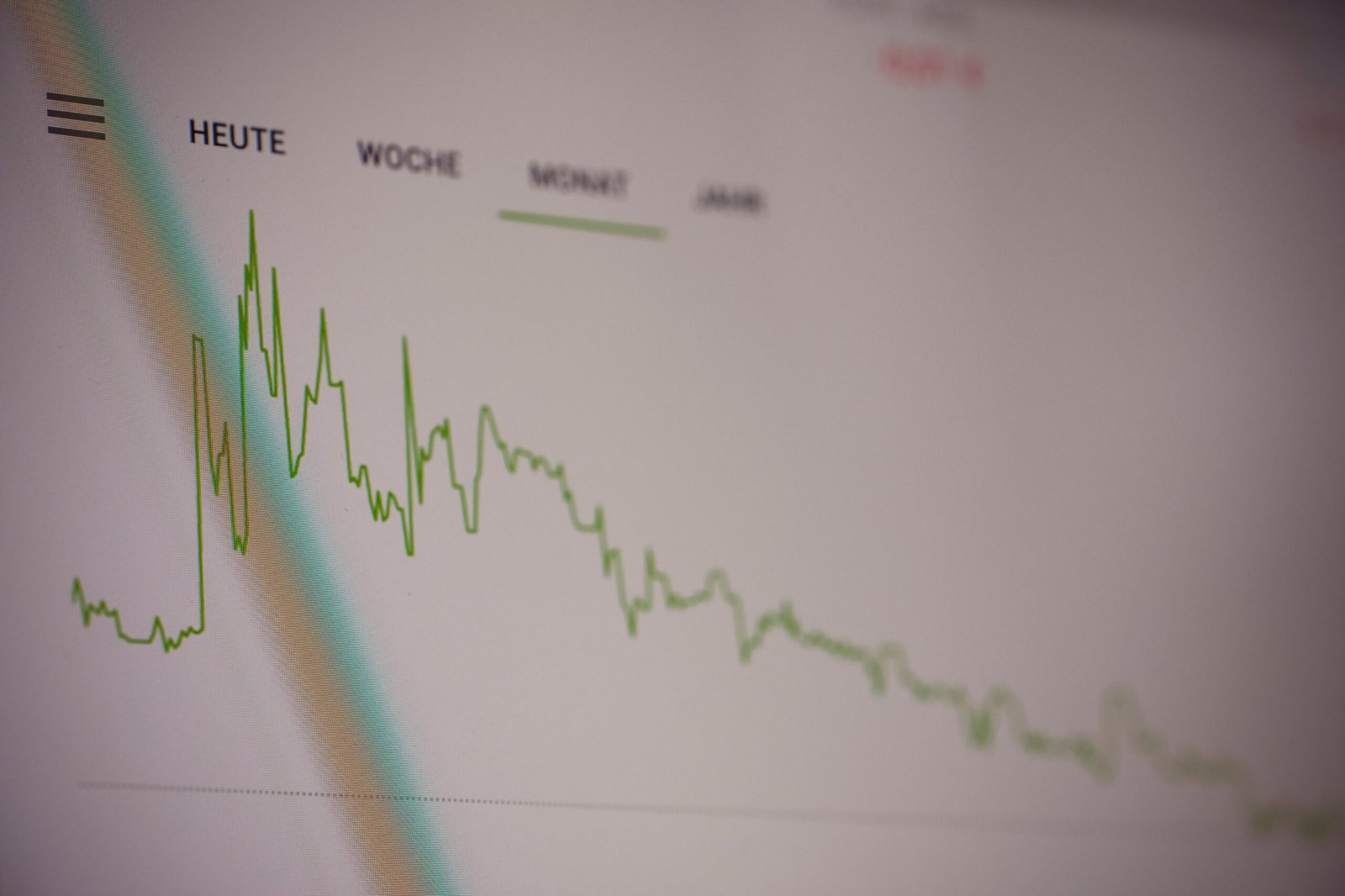There is a common misconception that the stock market is always rational and behaves in a logical and efficient manner. However, this belief is far from the truth. In reality, the stock market is subject to various factors that can cause fluctuations and irrational behavior.
The Influence of Emotions
One of the key factors that can impact the stock market is human emotions. Investors are not always driven by rationality and can be influenced by fear, greed, and other emotions. These emotions can lead to panic selling or irrational exuberance, causing stock prices to deviate from their intrinsic values.
For example, during times of economic uncertainty or market volatility, investors may become fearful and sell off their stocks in a panic. This can lead to a downward spiral in prices, even if the underlying fundamentals of the companies remain strong. Similarly, when investors become overly optimistic, they may drive up stock prices to unrealistic levels, creating a bubble that eventually bursts.
The Role of Speculation
Speculation is another factor that can disrupt the rationality of the stock market. Speculators are individuals or entities that buy and sell stocks based on expected price movements, rather than the underlying value of the companies. Their actions can create volatility and distort the true value of stocks.
Speculative trading strategies, such as day trading or short-term trading, can amplify market fluctuations and lead to irrational price movements. These strategies are often driven by short-term profit motives rather than a long-term investment perspective. As a result, the stock market can become detached from the fundamentals of the companies, leading to inefficiencies and mispricing.
Unpredictable Factors
Aside from emotions and speculation, the stock market can also be influenced by unpredictable factors that are difficult to quantify or anticipate. These factors can include geopolitical events, natural disasters, regulatory changes, or unexpected economic developments.
For instance, a sudden political crisis or a natural disaster can create uncertainty and volatility in the market. Investors may react impulsively to these events, causing stock prices to fluctuate rapidly. Similarly, changes in government policies or regulations can have a significant impact on specific industries or sectors, leading to unexpected market reactions.
The Efficient Market Hypothesis
It is worth mentioning that the concept of market efficiency is a widely debated topic among economists and financial experts. The Efficient Market Hypothesis (EMH) suggests that financial markets are always efficient, meaning that stock prices reflect all available information and are therefore always rational.
However, many critics argue that the EMH is an oversimplification of the complex dynamics of the stock market. They believe that markets are not always efficient and that there are opportunities for investors to exploit mispricings and generate abnormal returns.
Conclusion
In conclusion, the belief that the stock market is always rational is a myth. The stock market is influenced by a wide range of factors, including human emotions, speculation, and unpredictable events. These factors can cause market fluctuations and irrational behavior that deviate from the underlying fundamentals of the companies. Understanding these dynamics is crucial for investors to navigate the stock market effectively and make informed decisions.






